
Can Mechanical Engineers Become Software Engineers? | Yes!
Oct 02, 2024 3 Min Read 6766 Views
(Last Updated)
This is a must-read for you if your educational background is in mechanical engineering & yet you aspire for a software engineer job title.
The employability of engineering students in India is only 55% & almost all the graduates of non-cs backgrounds are intimidated to take the first step toward IT & Software jobs. If truth be told, there’s absolutely no barrier to getting started. It is all about the demonstration of proficiency in programming.
Table of contents
- How to Become a Software Engineer after Mechanical Engineering?
- Apply for Jobs
- Practice Coding / Join Bootcamps
- Pursue Programming Jobs
- Bonus Degree
- What else is needed to become a Software Engineer?
- Build a Skillful Portfolio
- Build your Network
- Final Words
How to Become a Software Engineer after Mechanical Engineering?
Career transitions are cool & safe when you know the right way & right options to follow. Here are the 4 important steps for you to consider:
Before diving into the next section, ensure you’re solid on full-stack development essentials like front-end frameworks, back-end technologies, and database management. If you are looking for a detailed Full Stack Development career program, you can join GUVI’s Full Stack Development Course with Placement Assistance. You will be able to master the MERN stack (MongoDB, Express.js, React, Node.js) and build real-life projects.
Additionally, if you want to explore JavaScript through a self-paced course, try GUVI’s JavaScript certification course.
1. Apply for Jobs
The STEM fields are common in any engineering stream, & in recent years, many engineering colleges have included basic programming languages like Matlab, Python, Java & C++ in their course curriculum. While Matlab & Python are widely adopted even in mechanical engineering as their usage is found in device simulation, numerical analysis, automation of tasks, etc.
When it comes to usefulness, Python is more flexible & dynamic than Matlab. Using this familiarity with programming concepts, you can brush up & practice further with python to apply for the python developer job role without any hesitation.
World famous companies like Mercedez Benz & Boeing have revealed their requirements seeking mechanical engineers who can code. Hence, an advantage to pursuing a core job with lucrative packages is ON for mechanical engineers.
If you’re not getting hired right away at such companies, then you got to proceed further with the next right step to make a career transition.
2. Practice Coding / Join Bootcamps
The chances of getting rejected after applying for an IT/Software job are mainly due to a lack of skillset & relevant certifications. The process of attaining new skills never goes out of trend. Mechanical engineering graduates may not demonstrate strong expertise in programming but they are expected to possess a strong fundamental grip on coding concepts.
This basic programming knowledge can be learned easily online. Self-paced programming courses are one good way to make the first move to learn programming. Python programming, Matlab & Robotic Process Automation are some of the top-picked courses that are suggested for mechanical engineering students/graduates.
Besides, career-making bootcamps are an alternative way to pursue domain-specific jobs in the software industry.
3. Pursue Programming Jobs
Are you aware of this fact? A Programmer is different from a Software Engineer. Precisely, a programmer focuses on a single stage in the development cycle, While a software engineer covers the development process from start to end.
The main point of investing your time in programming is to groom yourself for software engineering jobs. Better Practice coding to ace programming!
Getting started with programming jobs will build your career portfolio with the basic prerequisites that evolve into essential software engineering skills over your work experience.
4. Bonus Degree
Going back to educate yourself for securing a next-level degree like a ‘Master’s Degree’ in Computer Science or Software Engineering is yet another option. Yes! you can do this even if your bachelor’s degree is in Mechanical Engineering.
For this very reason, studying MS abroad has become popular. And basically, this is best suitable for candidates who are ready to spend more time & money, just to widen the scope of getting hired as a software engineer.
What else is needed to become a Software Engineer?
The upcoming two points might sound negligible but following these will drastically catalyze your chances of securing a job.
Build a Skillful Portfolio
A portfolio is a career enhancer for professionals & even for freshers as it is a collection of records that exhibits your skills, accomplishments, experiences, and your technical strength. It helps you highlight yourself in the competing world by displaying some of your best work, & innovative projects.
Recruiters hunt thousands of candidates to fill the limited vacancies of their company with talented resources as their employees. A well-exhibited portfolio will make you appear like a master with a masterpiece of your talent to the recruiters.
Build your Network
Networking on sites like LinkedIn will make you go places. You need to interact with people who belong to your professional & career interests. Connecting with experienced professionals will not only bust many myths associated with your career but will also help you groom for the industry.
Final Words
Making the first move is important to analyze what you’re capable of. Get started by applying for software jobs. Proceed towards upskilling if you’re unable to crack the interviews. Then, go for programming jobs.
Well, If the tussle is between pursuing a programming job or a master’s degree, then you need to reconsider your way of upskilling. Ultimately, it’s the skill demonstration that counts to obtain a software job.
Kickstart your Full Stack Development journey by enrolling in GUVI’s certified Full Stack Development Course with Placement Assistance where you will master the MERN stack (MongoDB, Express.js, React, Node.js) and build interesting real-life projects. This program is crafted by our team of experts to help you upskill and assist you in placements.
Alternatively, if you want to explore JavaScript through a self-paced course, try GUVI’s JavaScript course.

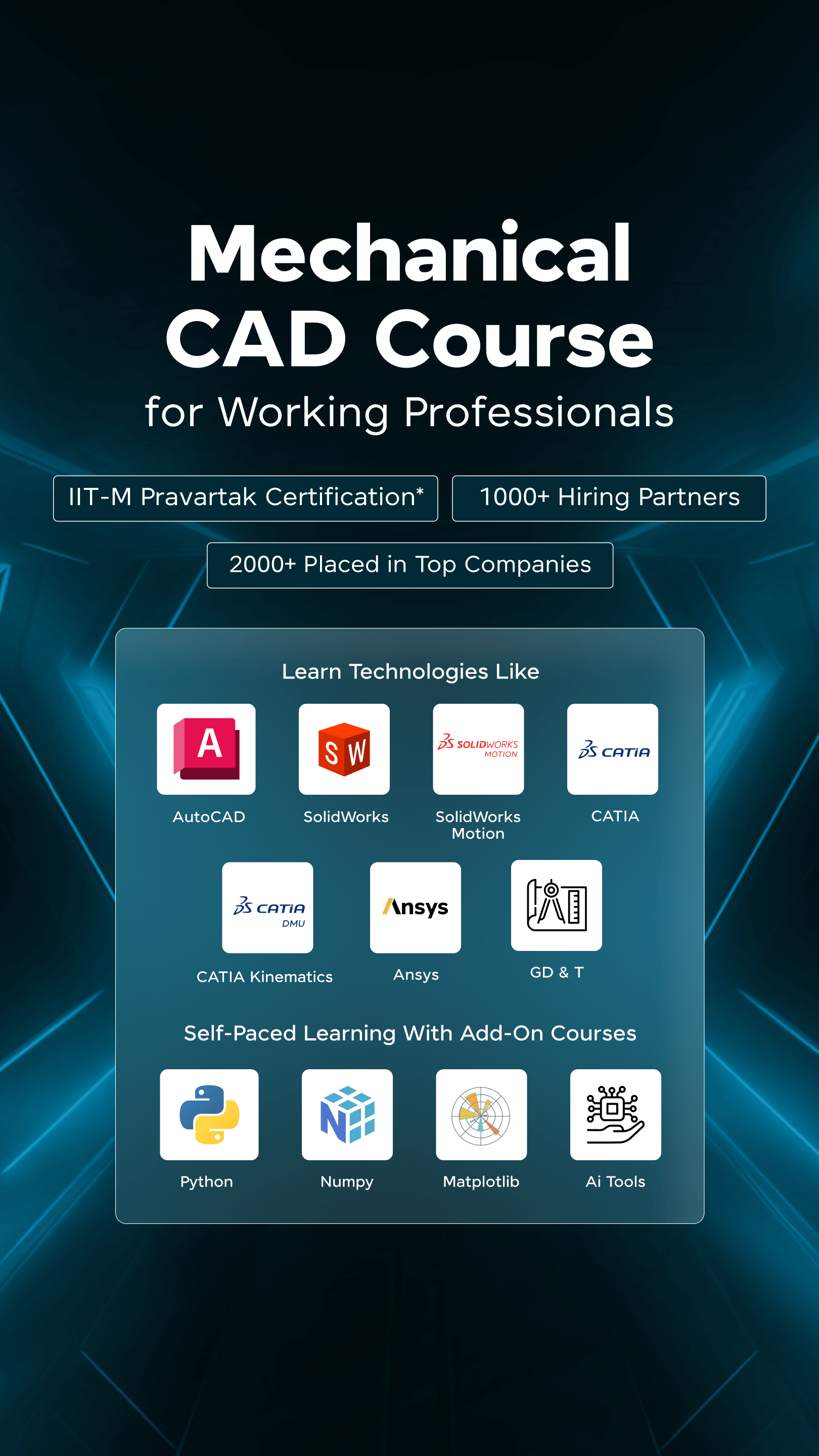





















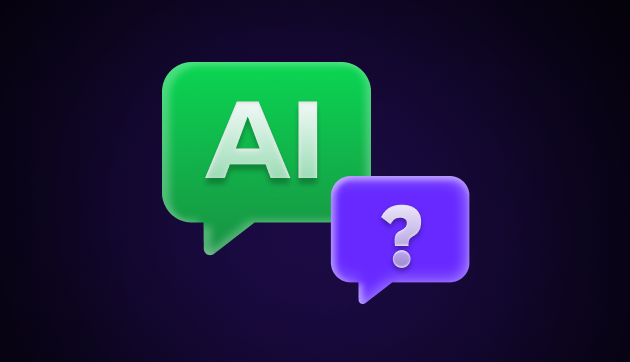
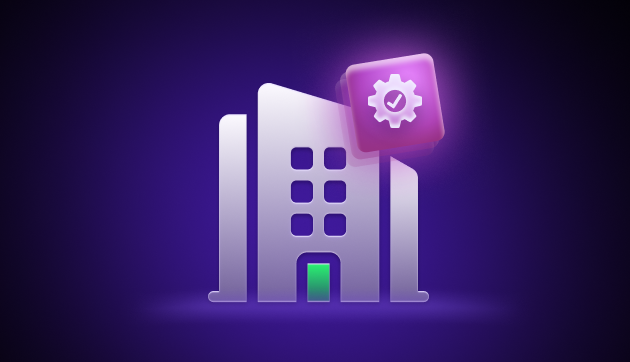
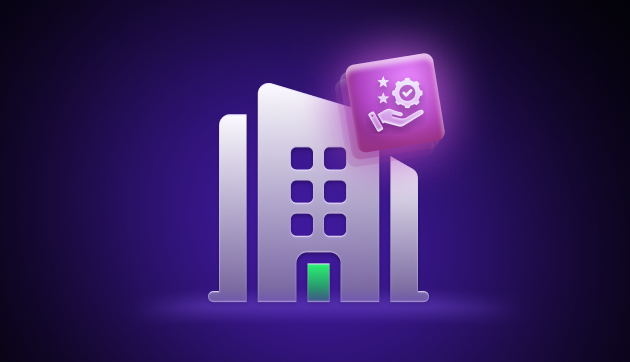
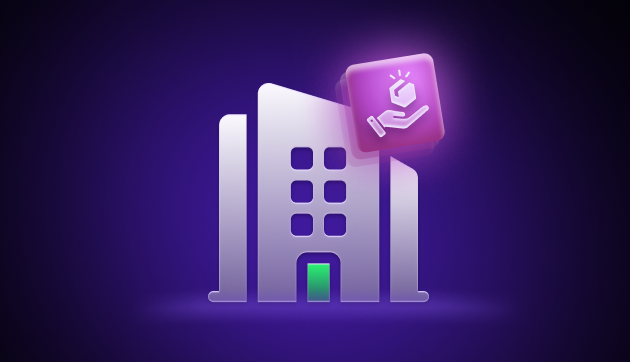

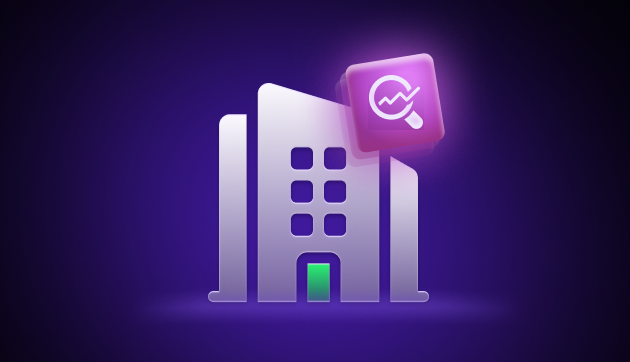



Did you enjoy this article?